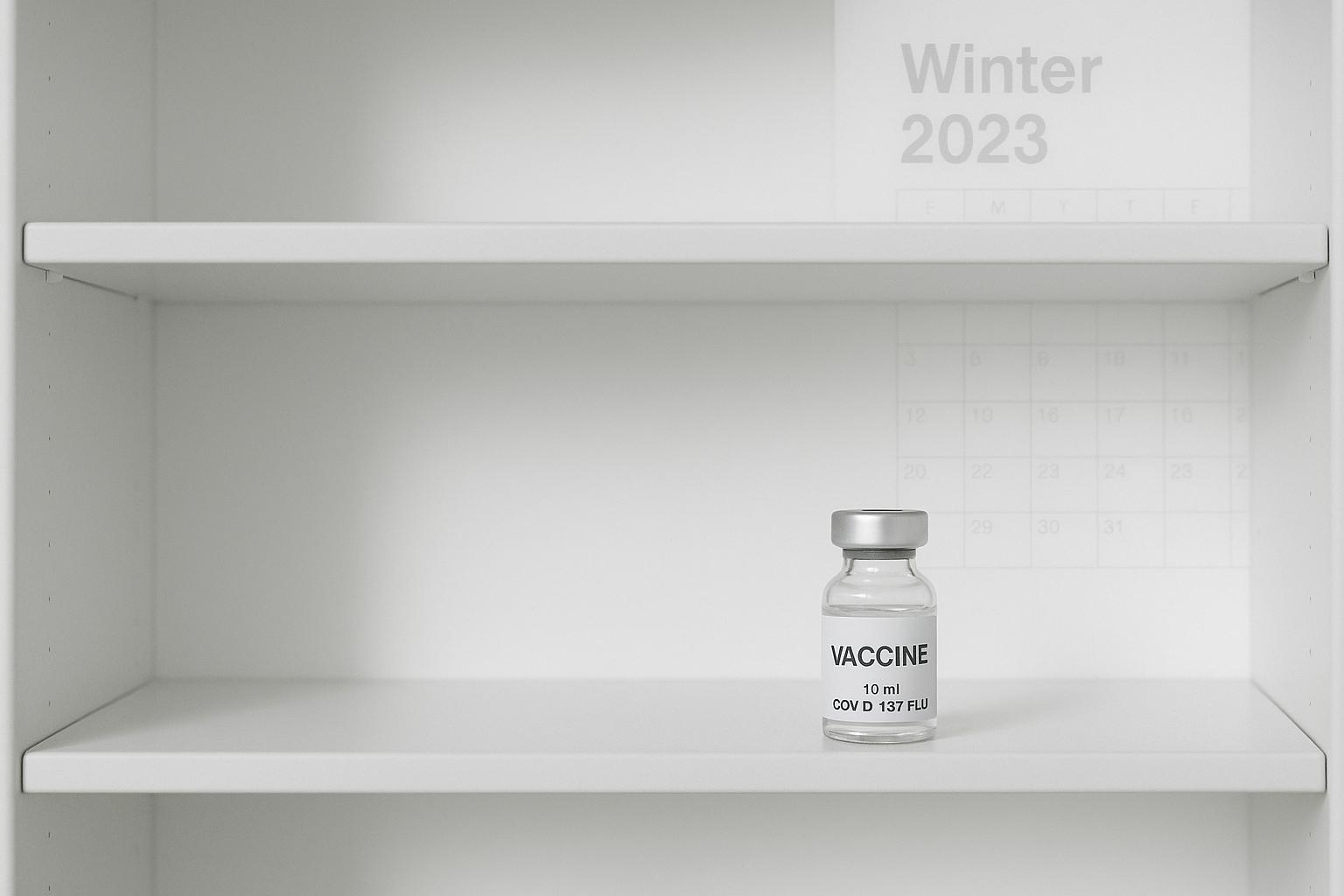As respiratory illnesses continue to circulate across the UK, health experts are urging households to prepare by stocking up on essential items to manage symptoms and reduce the spread of infection. With Covid-19 infections currently at “medium levels” and hospital admissions rising sharply, public health officials are emphasising the importance of readiness as colder weather drives people indoors, creating conditions for viruses to spread more easily.
A GP and spokesperson for Olbas, Dr Roger Henderson, has advised that families should make sure they have basics like paracetamol or ibuprofen, tissues, lozenges, cough syrup, natural decongestants, rehydration salts, and a thermometer to hand. Alongside these remedies, he stresses the importance of hygiene supplies such as hand soap, hand gel, and masks for when someone becomes ill. Good ventilation in the home—such as keeping windows open for short periods or using air filters—is also recommended to reduce airborne transmission risks. Planning ahead to secure groceries and medicines in case of illness-related isolation is another prudent step.
The NHS continues to strongly encourage eligible individuals to get vaccinated against both Covid and flu, highlighting that it takes around two weeks to build up full protection after vaccination. In addition to vaccination, Dr Henderson recommends simple preventive behaviours including regular handwashing, covering coughs and sneezes, wearing masks in crowded indoor settings for extra protection, and staying home when feeling unwell. He emphasises that these combined measures can significantly cut the spread of colds, flu, and Covid.
The latest UK Health Security Agency (UKHSA) data identifies the dominant Covid variant as XFG, known as Stratus, which is associated with a shifting symptom profile. While many now experience cold-like symptoms, some also report fever or chills, persistent cough, shortness of breath, tiredness, body aches, headache, sore throat, and nasal congestion. Notably, a “razor-blade throat” sensation, marked by a particularly painful or hoarse throat, has emerged as a symptom connected with recent variants.
The rise in Covid cases has been noteworthy throughout October 2025. Recent government surveillance reports indicate hospital admissions in England reached 4.65 per 100,000 people during week 40, a sharp increase from previous weeks, with the West Midlands and the elderly population (aged 85+) experiencing the highest rates. ICU and high-dependency unit admissions also climbed, particularly in the North East region. This surge aligns with reports of record daily infection numbers, surpassing 88,000 new cases in a single day, driven by highly transmissible Omicron subvariants including Stratus and Nimbus.
NHS leaders have voiced serious concerns about the strain on hospital services, with admissions hitting unprecedented daily levels. Matthew Taylor, Chief Executive of the NHS Confederation, highlighted a 40% rise in daily Covid hospitalisations over one week and called for public vigilance and uptake of vaccinations to help alleviate pressures on the healthcare system.
Although some recent data suggest a provisional decline in hospital admissions in late October, these figures are subject to revision and must be interpreted cautiously, especially considering delays between hospital admission and escalation to intensive care.
Alongside Covid, flu infections are also increasing, particularly among younger adults, raising fears of what some health analysts have termed a “quademic”—the simultaneous impacts of Covid and flu epidemics this winter—posing compounded risks to public health.
The situation underscores the need for individuals and families to take simple yet effective steps to protect themselves and their communities by maintaining good hygiene, ensuring vaccinations are up to date, and keeping essential medicines and supplies available for managing symptoms at home.
📌 Reference Map:
- Paragraph 1 – [1] (MyLondon)
- Paragraph 2 – [1] (MyLondon)
- Paragraph 3 – [1] (MyLondon)
- Paragraph 4 – [1] (MyLondon)
- Paragraph 5 – [2] (UK Health Security Agency), [3] (London Daily), [4] (World Socialist Web Site)
- Paragraph 6 – [5] (London Daily), [7] (The British Eye)
- Paragraph 7 – [6] (UK Health Security Agency), [7] (The British Eye)
Source: Noah Wire Services
